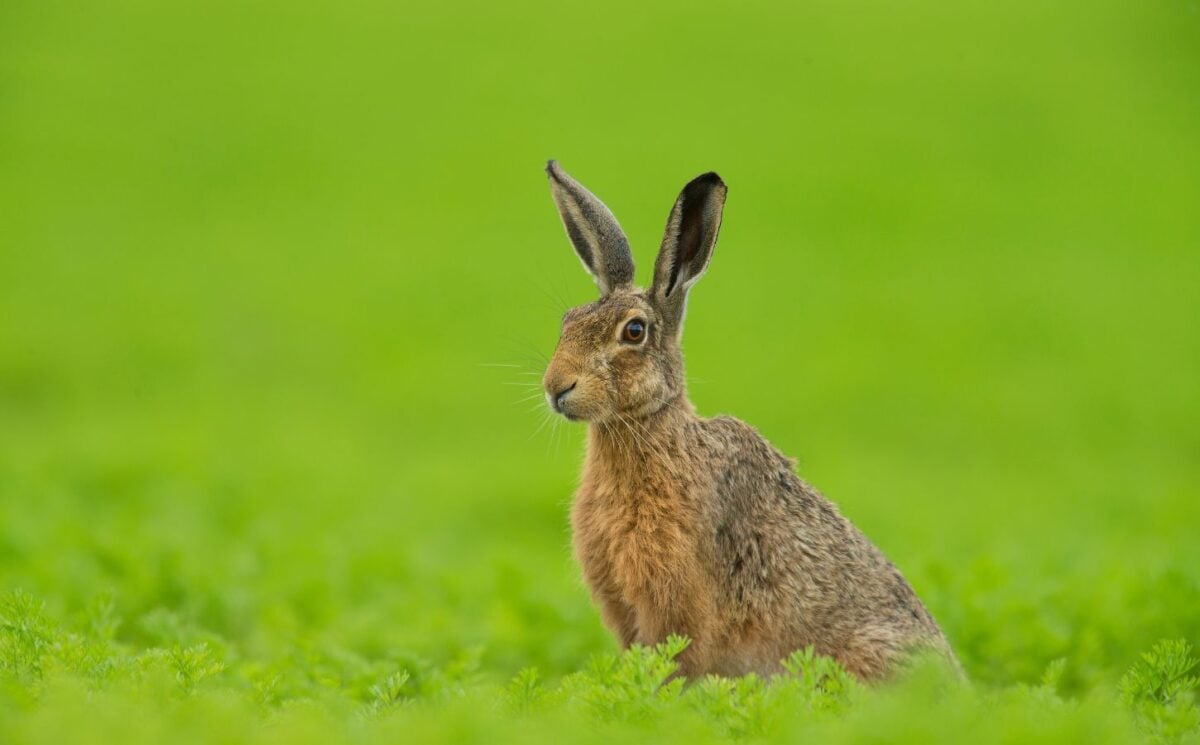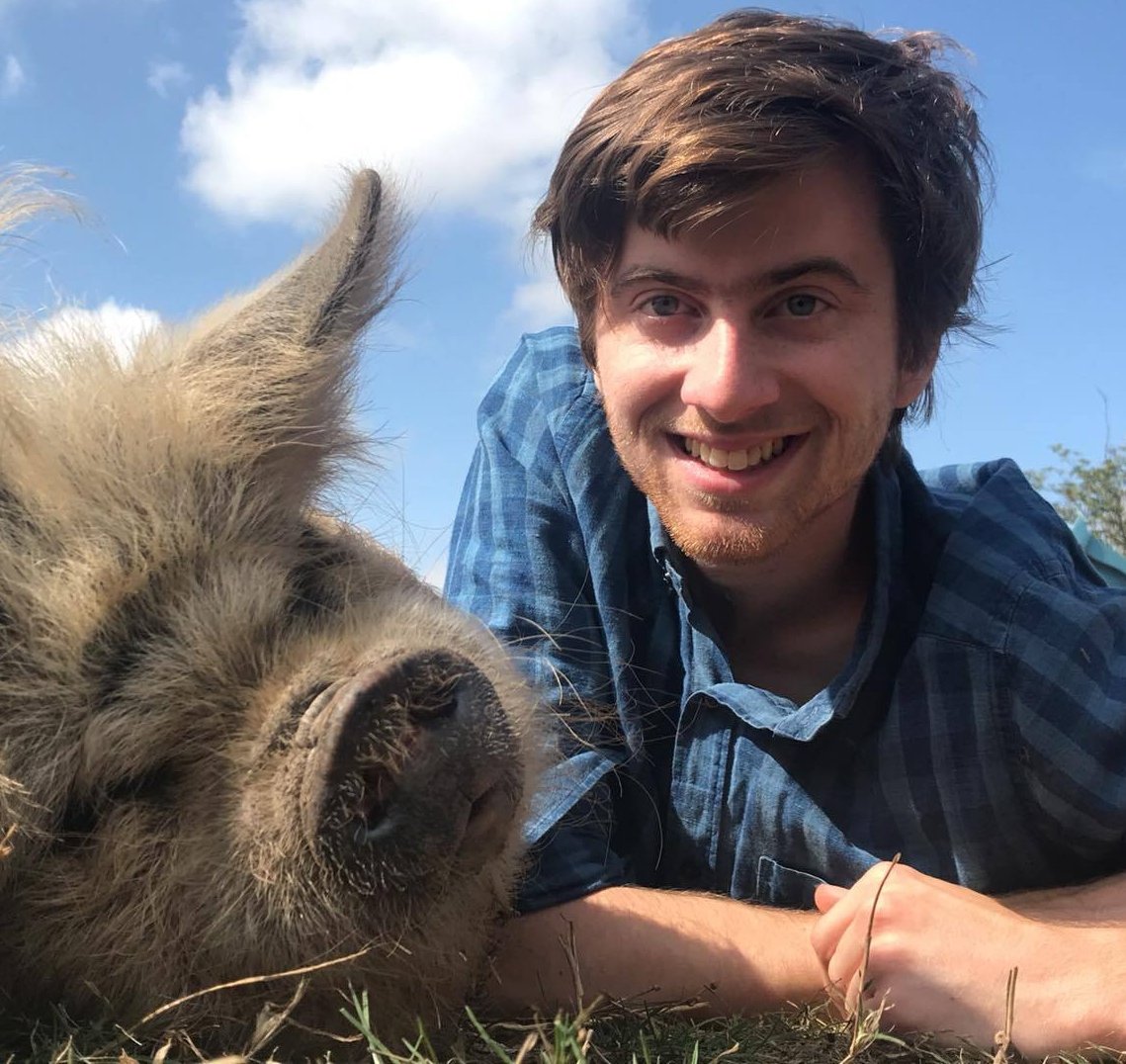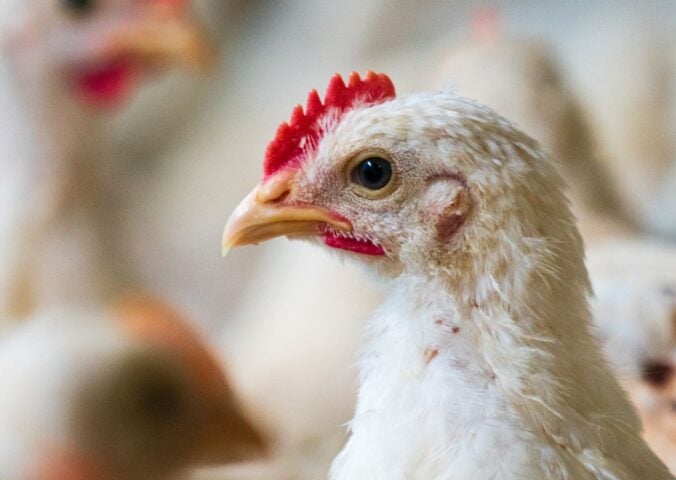Last month, animal activist Doug Maw was found not guilty of nine charges after freeing animals from traps and snares on land owned by the Duke of Norfolk. The charges had been filed against him by Edward Fitzalan-Howard, the 18th Duke of Norfolk, a hereditary peer sometimes referred to as the “the most senior peer in Britain.” In January 2024, after months of waiting, Maw was finally acquitted after the prosecution failed to present any evidence in a pre-trial hearing.
Maw’s case has opened up the conversation on snares, which are widely used in the UK. Much of the land on which snares are found is owned by the extremely wealthy, including the Royal Family. But how many snares are there in the UK? And are they really legal?
Animal activist acquitted
Maw had been on trial for alleged damage to traps and snare theft. These charges relate to several instances where he openly freed animals trapped on the Duke’s Norfolk estate in 2023. Last month, Maw was acquitted of all charges.
Maw’s case gained attention after he posted on social media videos of him releasing a hare and a young deer.
Maw wrote on X (formerly Twitter): “A hare in a snare who was freed. Listen to the screams. Could you ignore this?”
After a judge dismissed all charges against Maw at a pre-trial hearing at Lewes Crown Court, Maw expressed disappointment that he would not get a full jury trial. Such publicity would have put the estate’s trapping operations into the public eye, he tells Plant Based News (PBN).
Are snares legal in the UK?
A snare is a thin wire noose set to trap certain animals, designed to tighten around an animal’s neck, like a lasso, and hold them for a gamekeeper to kill. Private estates set them to kill species that will interfere with their shooting activities.
Snares are never pain free for the animal caught. Many animals are strangled while struggling to escape, while others endure a slow, painful death. When a snare does not kill its victim, many still die from predator attacks, dehydration, or exposure to the elements.
Maw’s case has brought to light some misconceptions around snares and their usage.
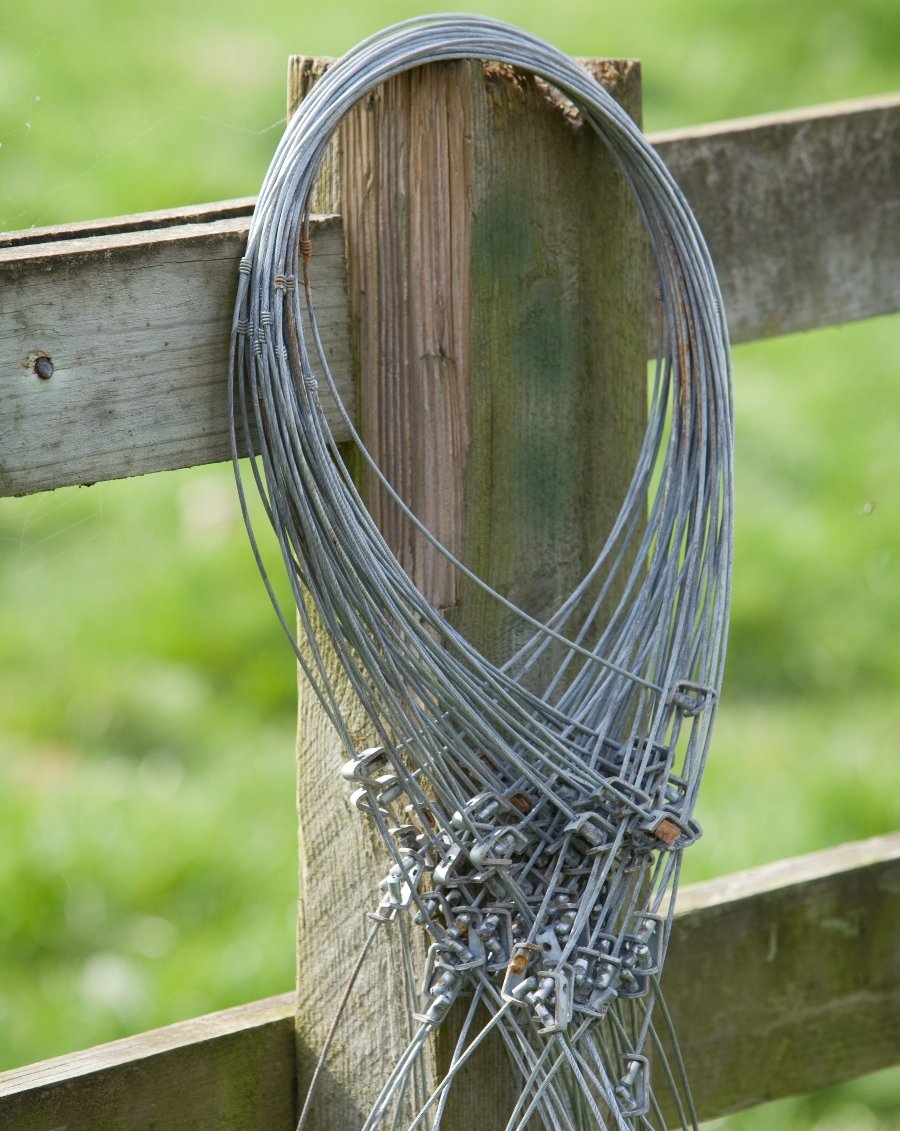
“When talking to the public about snares, most think they are already illegal,” Maw tells PBN. “Because they are set mainly on private estates, it’s rare that the public would come into contact with them.”
In fact, snares are legal in three UK nations, though with some regulations. Last year, Wales became the first part of the UK to make snares illegal. When passing the law, Rural Affairs Minister Lesley Griffiths said: “Many animals will now be spared the most terrible suffering as a result of this ban.” In Scotland, a bill is making its way through parliament that would follow Wales’ example.
Yet, the archaic device remains legal in England, Northern Ireland, and, for now, Scotland. The UK is one of only five European countries where snares are legal.
Snares can catch anyone
Snares are not only cruel to the intended victims. Maw’s case also highlighted the extent to which snares are capturing the “wrong” animals. Officially, snares are used in the UK to capture foxes or rabbits. This means that, under UK law, snares must only be set at sites likely to be used by a fox or rabbit. That is to say, snares must not be set where there is evidence of regular use by non-target species.
The true picture is different. “In reality they are indiscriminate and are placed in areas frequented by non-target species,” says Maw. He lists examples such as badgers, pine martens, deer and hares, all of which he has seen trapped in snares on private land.
When confronted with suffering, most people instinctively want to help animals avoid such pain. Surveys have shown that the public largely supports a ban on snares. Polling ahead of the Welsh ban found that four in five wanted the devices outlawed. However, the interests of private landowners still prevail in England, with the law penalizing anyone who interferes with legally set snares.
Killing foxes (to kill partridges)
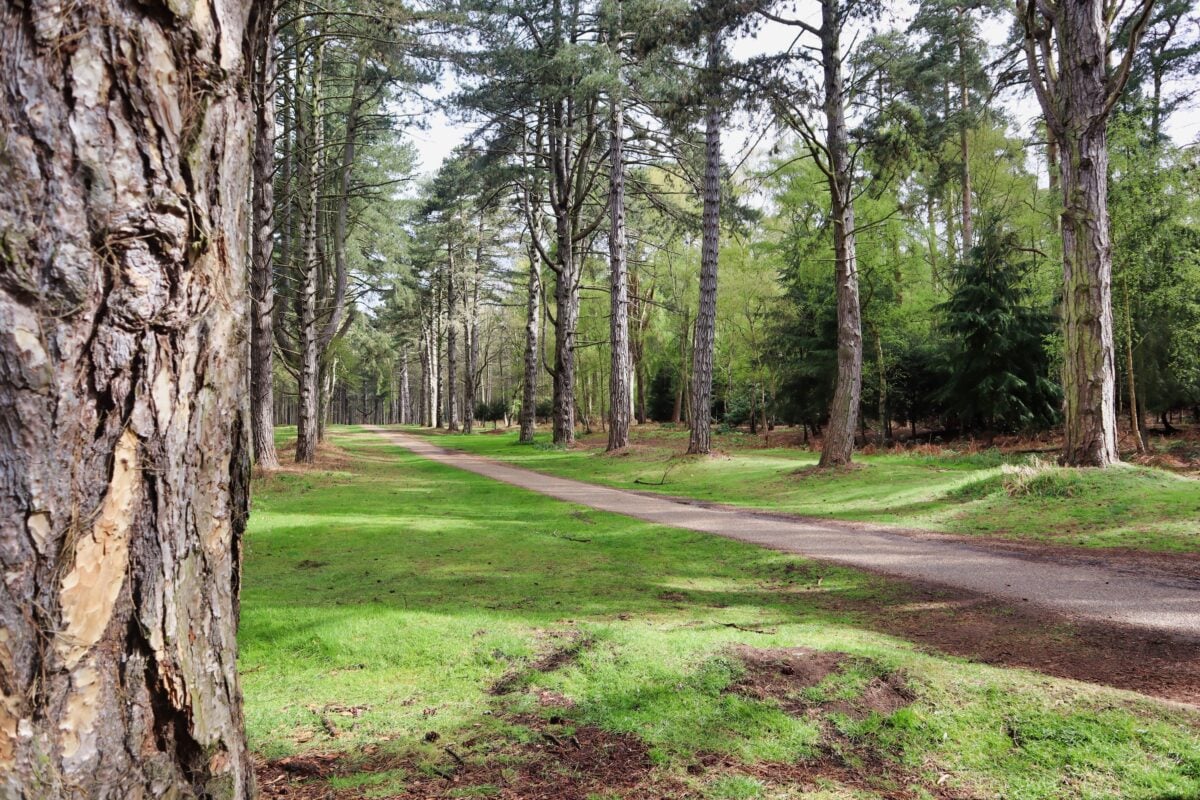
For many, the fact that these traps can legally be set is deeply concerning. The reason for the abundance of snares and traps is shooting. Snares are set by gamekeepers on “game” bird shooting estates, many of which have royal connections, to reduce the number of birds caught by foxes.
“Wherever there are shoots you will likely find snares,” says Maw. “Sandringham for example is well known for using snares.” For years, campaigners have pressured the Royal Family to reconsider the use of snare traps on the Sandringham Estate.
Sandringham Estate is an example of private land where little to no scrutiny of set traps and snares is possible. Although the avoidance of suffering of innocent animals could be seen as being in the public interest, it is very difficult to monitor this.
Some evidence of the Royal Family’s extensive exemptions from environmental laws recently came to light. However, it remains unclear exactly how many snares are set on royal land.
Maw’s acquittal is not the end of the story
Maw is not the only person facing criminal charges for trying to save an animal’s life. Last year, Wayne Hsiung, an animal activist in the US, was sentenced to three months in prison for rescuing sick and dying animals from factory farms.
Despite his acquittal, Maw’s ordeal is not over. He is also fundraising to take legal action against Sussex Police. The force, he says, “seized several thousand pounds worth of my belongings” and “have been disproportionate in their actions and obstructive in returning [them].”
The legal battle against the rich and powerful does not intimidate Maw, though. “I will continue to go to the aid of any animal in distress,” he says. “I believe the judge rightly surmised that no jury would convict me after viewing that footage.”
